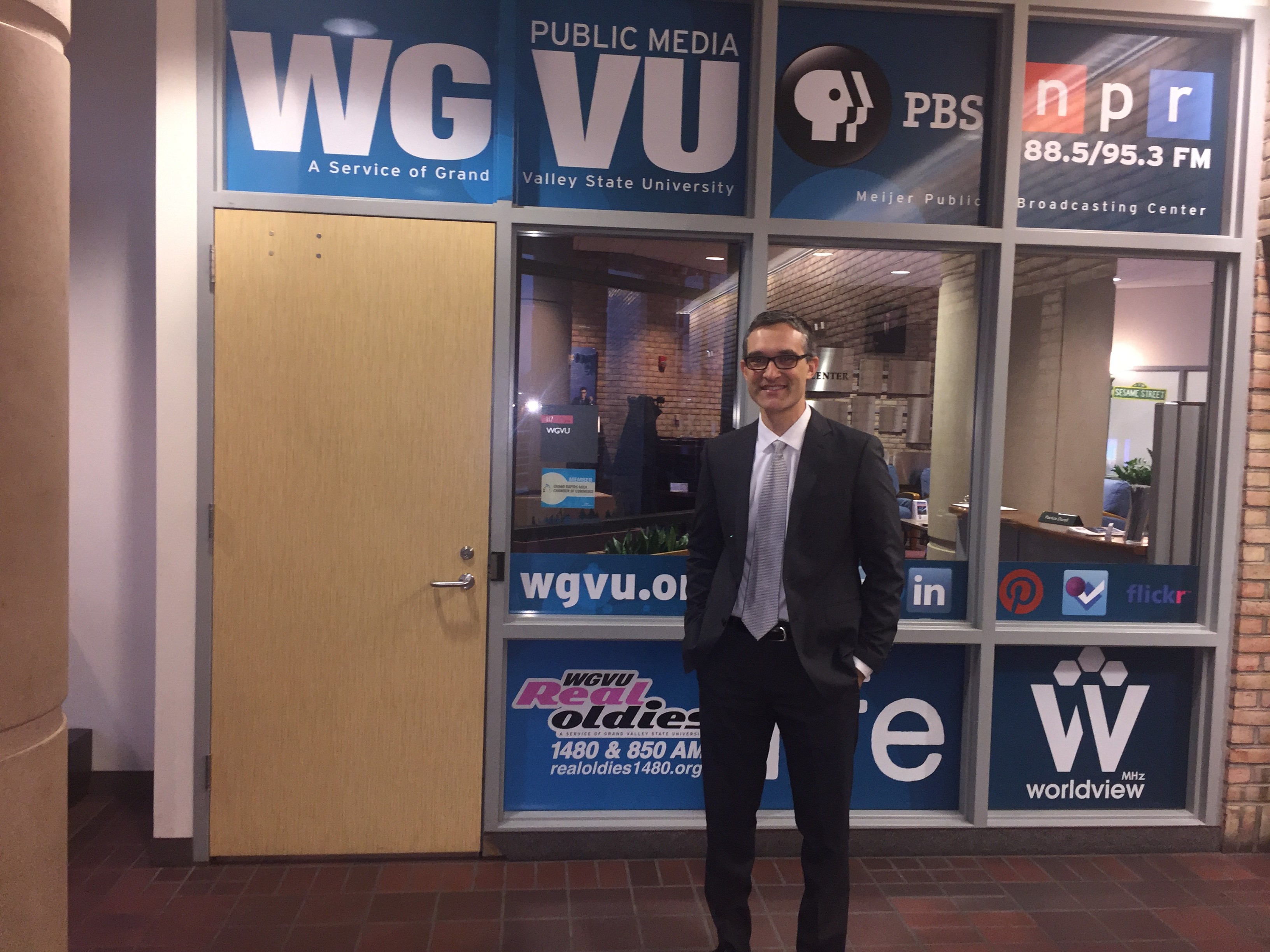Written by, Dr. Josh Suderman
First, I want to state that my medical school education at the University of Virginia and my residency/fellowship training at the University of Michigan were both superb. At these eminent institutions I learned the foundations of becoming a caring physician and pain management specialist. In this post, I would like to describe some concepts that I have learned in my nearly 5 years of private practice that have built upon the excellent foundation of knowledge laid down by my two educational institutions.
When you are in training to become a doctor, so much of the focus, appropriately so, is on the science of medicine. More and more, though, as medical students we learn about the art of medicine, including communication and empathy. These learning points are focused on the patient/physician relationship and we spend many hours in medical school and residency training after medical school learning how to listen to and communicate with patients and obtain their trust. But just as important is the relationship between the physician and the staff that works with a physician. As part owner of a small independent medical practice, I have learned from many experiences in the “human resources” side of management of business ownership. These experiences have taught me things that I never learned in medical school, nor was I exposed to in my medical training after medical school. It’s interesting to think that many of the skills needed to be an effective leader and communicator parallel the skills we learn in relating to patients. This is because you must clearly and humbly communicate with staff in your medical practice in order to gain their trust and develop a unified vision of safe, effective, and compassionate patient care.
It has been particularly helpful recently to read the books from the Arbinger Institute (disclaimer: I have no financial interest in this organization) regarding how to develop an outward mindset. The principles of seeing others and understanding their needs, challenges and objectives apply both to the patient/physician interaction as well as the need for effective leadership and communication by the physician who owns a practice. In medical school, we are taught the science behind making our patient care decisions and treatment plans. Yet, during our training we aren’t exposed to the science behind organizational management and successful human resources techniques of management. When you begin your career as a physician, you quickly understand the vital role that staff members play in coordinating and carrying out the treatment plan that you develop. Some of these other clinicians and staff members include nurses, physician’s assistants, nurse practitioners, medical assistants, medical technicians, billing specialists, front desk receptionists, among others. No physician is capable of successfully enacting this treatment plan alone – our success hinges on the ways we communicate and interact with our staff members.
Another area in which I have gained much knowledge and experience is in the financial aspect of managing a practice. When I was going through training in medical school, it sometimes felt incongruous to think of medicine as a business when all I wanted to do is learn to help patients. Often, thinking about medicine as a business can feel like a negative point to a medical student who has very lofty goals of simply helping patients no matter what the financial situation and costs incurred may be after providing care.
Since I have become part owner of a small medical practice, I have learned the need to balance these two requirements of helping patients as well as meeting the bottom line to support the financial stability of a medical office that provides work for many other people employed in our practice. In many ways medicine is like a business and it’s taken me some time to understand that I can still be an empathetic and responsible physician while also paying attention to reimbursement policies, insurance authorization requirements, and the financial health of our practice.
In conclusion, I’m grateful for the “education” I have been privileged to have working in private practice and the opportunity afforded me to be a partner and owner in my practice. The challenges posed to those physicians who work in private practice are unique and provide unique educational opportunities. I look forward to learning more in the coming years as I continue my experience and “education” in private practice!








